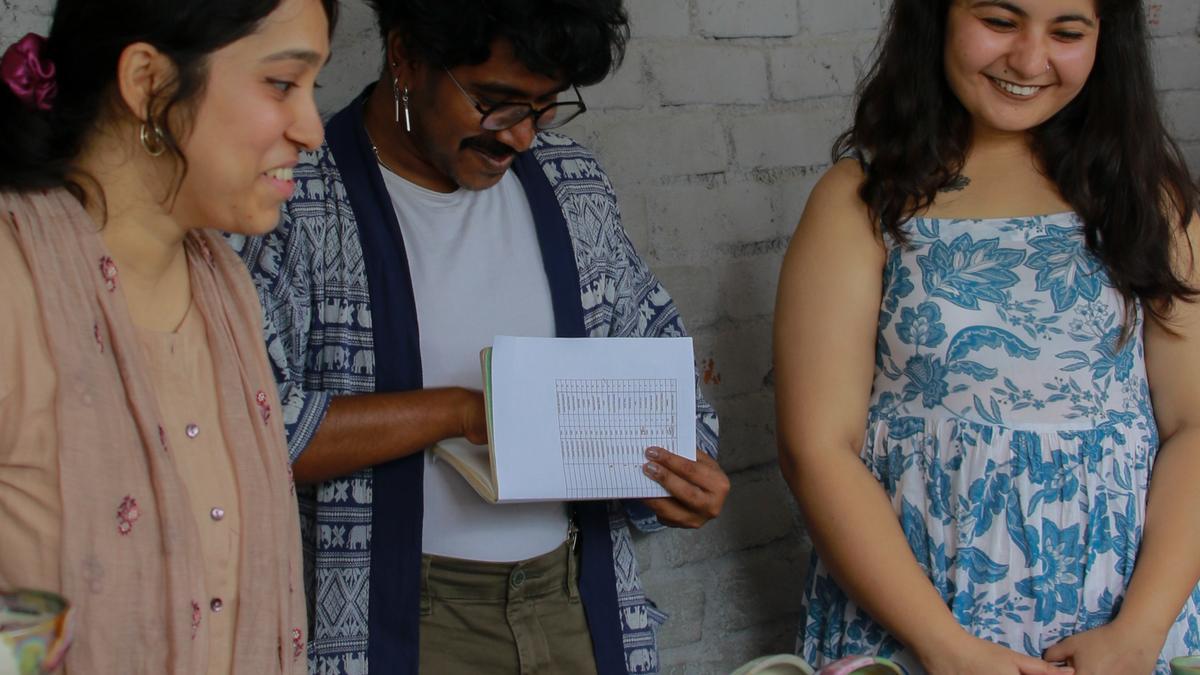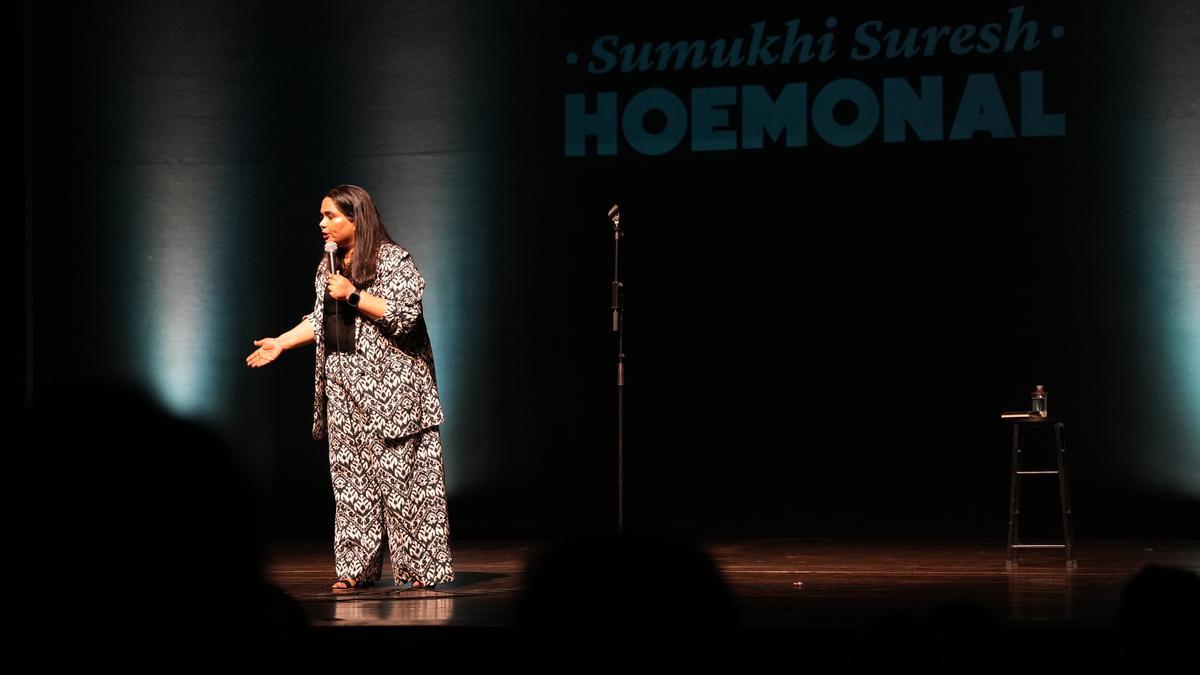
With the heat of political battles intensifying, cinematic expressions often become a flashpoint for controversy. In a turn of kaleidoscopic political commentary, a movie has landed at the heart of Kerala’s election fervor, stoking the fires of an already contentious atmosphere. The film in question, The Kerala Story, has been thrust into the spotlight for its alleged propagation of what some describe as the “politics of resentment,” and it has equally found staunch defenders and vocal critics.
Amidst the charged Lok Sabha election season, an unexpected player—the Syro-Malabar Church of the Idukki diocese—chose to propel the film into the limelight by mandating its viewing for Catechism students. This move, quiet yet potent, has wielded an outsized influence on the state’s otherwise low-key campaigning strategies.
Social and mainstream media have erupted with fervent discussions regarding the film’s content. Critics have slammed The Kerala Story for reportedly endorsing Islamophobic themes. Their voices on digital platforms have been loud and clear, yet the same fervor seems conspicuously absent from actual campaign speeches and election rallies.
Adding fuel to the fire, the Church has faced backlash for its seeming adoption of the “Love Jihad conspiracy theory” championed by the Sangh Parivar—a term used to describe an alleged tactic by Islamist groups to convert non-Muslim girls to Islam under the guise of love. The Church had issued a handbook as a precautionary measure, detailing the dangers of what they perceive as attempts by Islamist factions to lure young Christians into their fold.
On the political spectrum, the film’s impact has been distinct. The Bharatiya Janata Party (BJP) appears almost buoyant, speculating that the emotional undercurrent created by the movie might sway apolitical Hindus and Christians to their side. A sense of delight exudes from the party, anticipating a possible influx of support triggered by the film’s narrative.
In contrast, the Communist Party of India (Marxist) (CPI(M)) and the Indian National Congress have exercised caution in their responses. Both parties have distanced themselves from the film’s contentious themes, openly condemning the movie while strategically refraining from direct censure of the Church’s actions.
As the drama unfolds, several layers of complexities become apparent. The Church’s role in secular politics has come under scrutiny, raising questions about the intersection of religion and the state. Moreover, the invoking of polarising themes in a state known for its religious harmony indicates a potential shift in the socio-political fabric of Kerala.
The landscape ahead of the 2024 General Elections in Kerala is now punctuated with a myriad of perspectives and potential shifts in allegiances. The Kerala Story has evolved from a mere cinematic enterprise to a prism through which the political, religious, and social contours of the state are being re-examined.
The imbroglio serves as a stark reminder of the delicate balance between creative expression and political sensitivities. As Kerala draws closer to the impending elections, the repercussions of the film’s divisive narrative on the state’s electorate remain to be seen. In a society that prides itself on its mosaic of cultures and beliefs, the cinematic portrayal of sensitive topics and its political resonance continues to be a barometer of public opinion and a testament to the enduring power of art to influence the political landscape.










